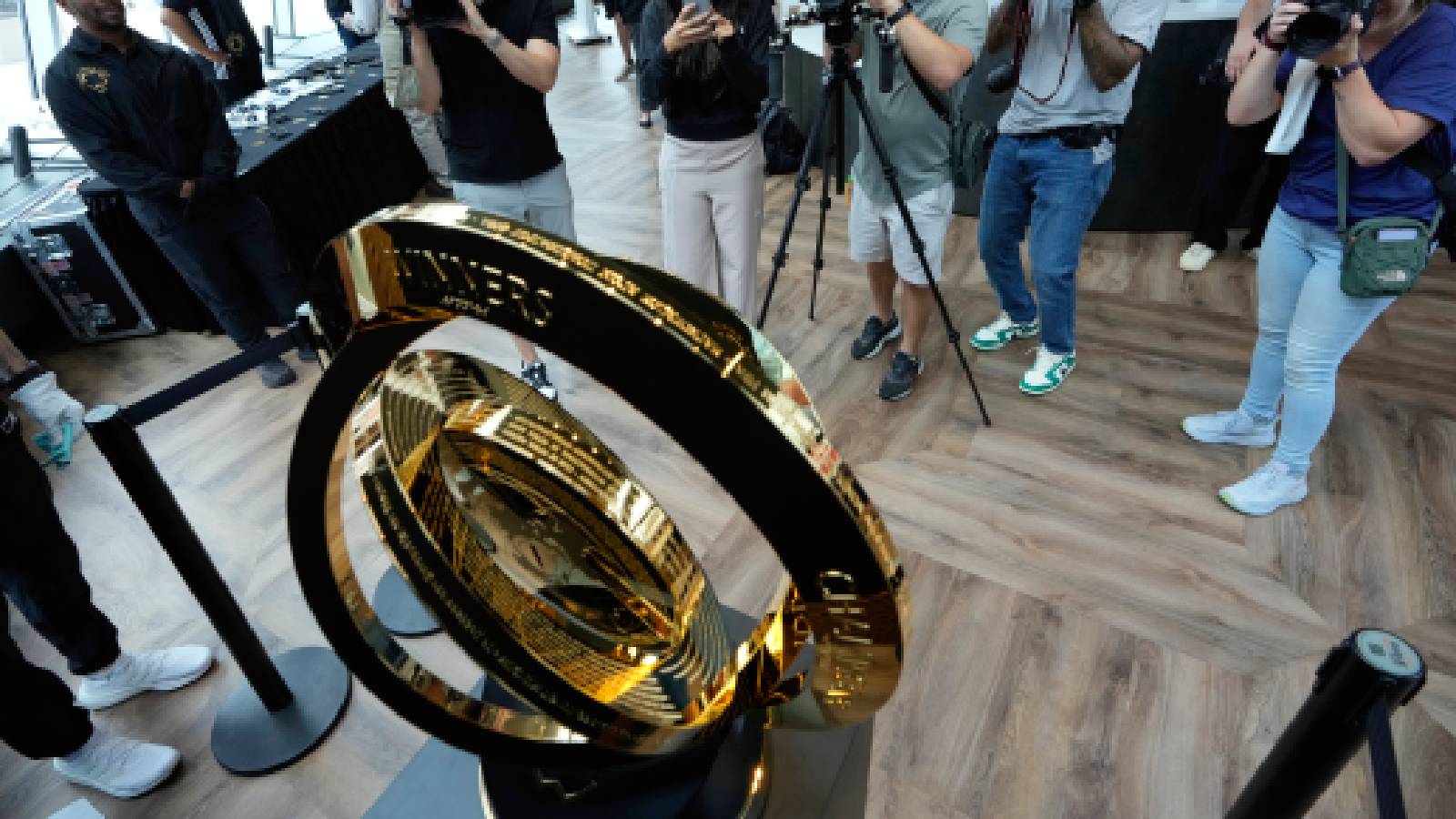On Thursday, the US Customs and Border Protection (CBP) authority consented to removing a social media post from their handles across platforms. The purported reason? It seemed to be spooking football fans who are expected to flock to stadiums to watch the inaugural edition of the revamped Club World Cup, which kicks off in Miami early on Sunday.
The CBP’s post noted that they will be “suited and booted ready to provide security for the first round of games”. It was also confirmed that Immigration and Customs Enforcement (ICE) agents will also be at the games; the stated presence of these agencies being mostly for reasons of security.
But some noted a coded messaging behind that vague reasoning, given the Donald Trump-led American administration’s massive recent anti-immigrant push. As Thomas Kennedy, member of the Florida Immigrant Coalition, told NBC News: “It’s sort of alluding that people should have their paperwork in order to attend the games. It creates an environment where people are less likely to come watch the games because of sheer intimidation.”
Story continues below this ad
Why this assumes greater significance is that the upcoming Club World Cup will act as a litmus test for the two biggest sporting events in the world that will be hosted in the US during the ongoing term of the incumbent administration: the 2026 FIFA World Cup and the 2028 Los Angeles Olympics.
Global sport is increasingly veering towards the commercial viability of American eyeballs – the third edition of the Major League Cricket franchise T20 tournament kicked off there on Thursday, after part of the T20 World Cup was also held in the US last year. In no market in the world does live sport make more money than in the US. And football is no different in attempting to cash in on that.
Despite the guarantees that both FIFA and the IOC have publicly stated they have been provided in this matter, though, there will be some unease regarding US decisions that have made them less open to people from all over the world.
A travel ban in the form of a new policy, issued by President Trump himself, came into effect there on Sunday. It places total restrictions on entry into American borders for residents of 12 countries, and partial restrictions on those of seven other countries. Included are countries like Afghanistan, Iran and Venezuela. The order contains an exemption for both the World Cup and the Olympics, but the US will get to decide which members of a team and support staff are deemed “necessary” to be given entry into their country. The order also makes no mention of fans who wish to travel to watch those events.
Story continues below this ad
The exemption may ease fears held on paper but it does little for the uncertainty that will be felt on global events of such a massive scale, and in Kennedy’s words, the environment of “sheer intimidation,” may not make for the most welcoming tournaments.
In the short term, regarding the Club World Cup, FIFA president Gianni Infantino, who was seen meeting President Trump at the White House in March, has dismissed these concerns, even as he stakes his reputation on the smooth functioning of the tournament that he has personally pushed through.
According to Infantino, the tournament, essentially his brainchild, will do wonders for the global game by addressing its current Eurocentrism and giving global teams broader visibility. 32 teams will play – 12 from Europe, six from South America, four each from Asia and Africa, one from Oceania, and five from North America. According to his critics, it will serve none of those purposes, instead being a vanity project to portray Infantino in a good light, making lots of money for FIFA’s 211 member nations and strengthening his grip on the global game.
But buzz for the event has been low, a far cry from the international football tournaments that traditionally take place in the summer. Players have complained about the bloated calendar putting stress on their bodies. As a result, clubs are likely to rotate squads and not play their best team, reducing the quality of the football to a glorified pre-season tournament.
Story continues below this ad
Sponsors haven’t expressed a lot of interest. Ticket sales were a concern: according to The Athletic, local Miami college students have been offered as many as five tickets for the price of one at $21. So were broadcast rights. When a lucrative deal was not struck, the rights were sold to streaming platform DAZN for $1 billion. The Saudi Arabian sovereign wealth fund PIF then bought 10% of the company for $1 billion. Saudi Arabia will host the 2034 FIFA World Cup.
When Lionel Messi’s Inter Miami kick the tournament off at home on Sunday against Egyptian side Al Ahly, football will take the centre stage. Realpolitik will have to go behind the curtains, where it belongs. But the result of the tournament will be instructive of a few things: how successful football is in tapping the American market, and a glimpse of how the US manage hosting major global sporting events in today’s uncertain, frayed times.


